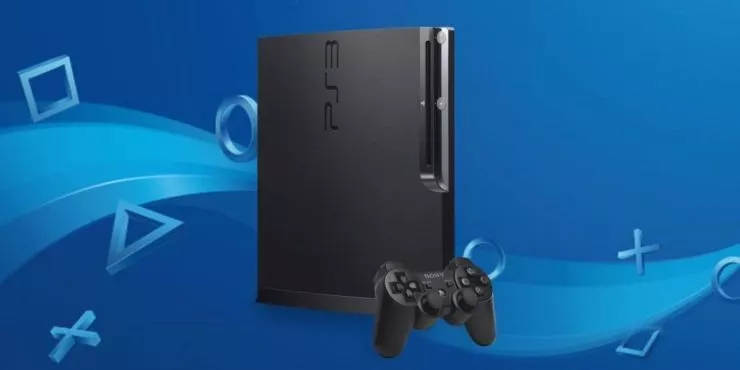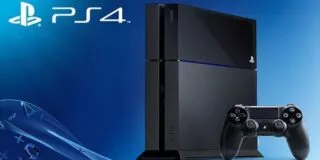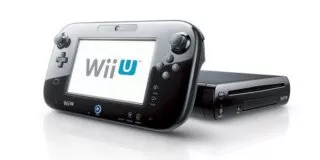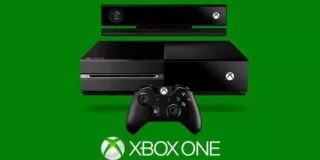It doesn’t really matter whether you think playing games on PC, Xbox, or PlayStation is better — that’s an argument that we’ll never get to the bottom of.
Today, we’re talking about the PlayStation 3 (PS3) and its role as one of the most influential game consoles in history.
It was released all the way back at the end of 2006.
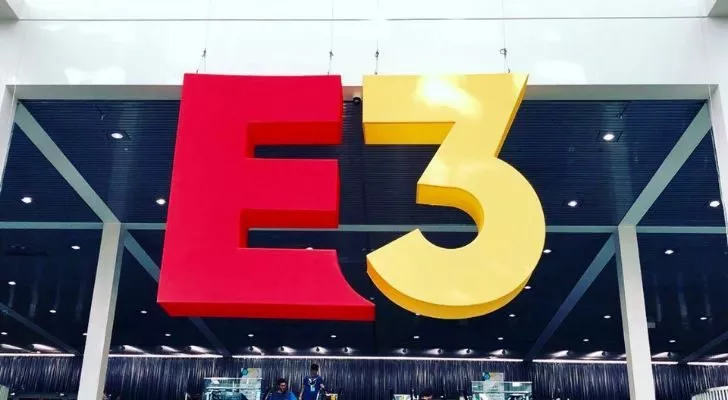
The PS3 was first announced at the E3 convention in 2005 and finally hit shelves in Japan on November 11, 2006, and in North America on November 17.
The rest of the world had to wait a few months due to delays, with gamers in Europe, New Zealand, Australia, Africa, and the Middle East only able to get their hands on a console by March 23, 2007.
The PS3 was sold for less than its production cost.
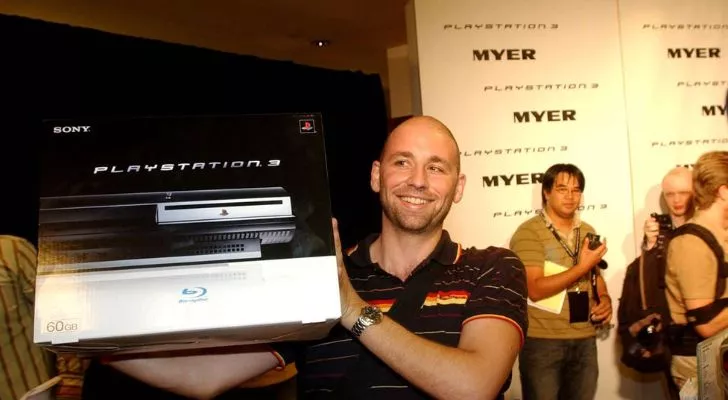
The basic PS3 version, which had a 20GB hard drive, sold at a loss of $US300, with the 60GB version selling for an additional loss of US$240.
While this might seem totally bizarre, it wasn’t that unusual at the time.
The idea was that Sony would make up the loss through games and additional hardware sales.
While the Xbox 360 was also sold at a loss, the loss was only US$130 per console.
It really wasn’t that great in its first few years.
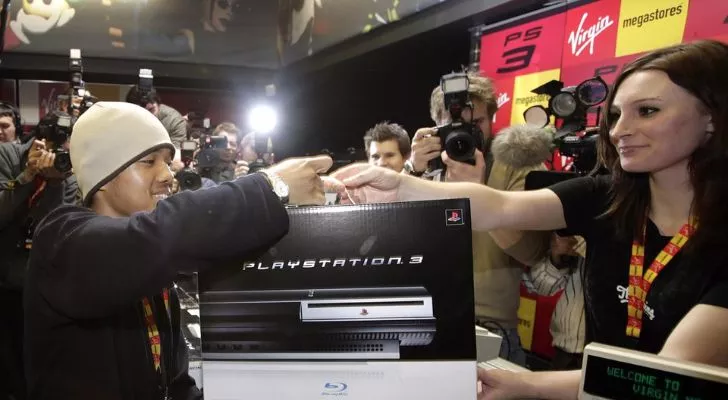
To start with, it was crazy expensive for a console at the time. The 60GB model was US$599, and the 20GB model was US$499.
Sure, superfans raved on and on about how much potential the PS3 had in terms of raw gaming power, but there just weren’t that many games available at release.
By the end of 2006, there were only 17 titles available.
It was more than just a game console.
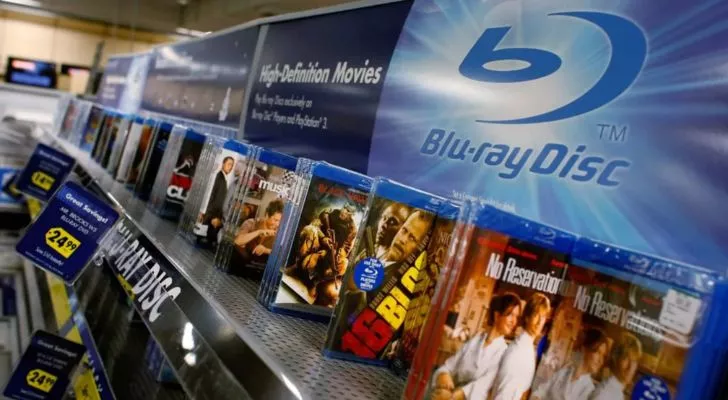
The PS3 aspired to be so much more than a way to play games; in many ways, it accomplished that dream.
A big part of this was that the console had a Blu-Ray player built into it, allowing you to watch your favorite TV shows and movies in full 1080p — providing you were happy to fork out for an expensive Blu-Ray copy of them.
The PS3 also came with a completely redesigned controller.
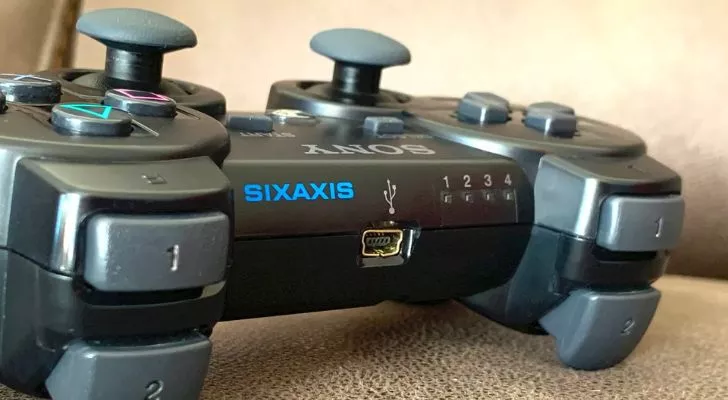
Dubbed the Sixaxis, the controller was a complete step away from its predecessors.
The most significant improvement it contained was the ability to use motion-sensing technology.
This allowed players to use movements of the controller itself to control what was going on in some games.
That said, it was a downgrade in some ways from the PS2 controller, as it didn’t contain any haptic feedback technology.
The US Air Force built a supercomputer out of networked PS3s.
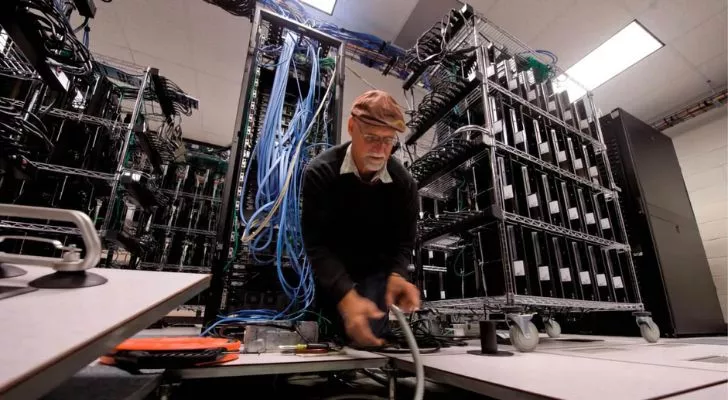
From the moment the PlayStation 3 was announced, computer geeks worldwide were excited.
Not for the gaming possibilities, but due to the equipment inside the console itself.
Supercomputers at the time were so incredibly expensive that it was actually cheaper and often better to network a bunch of PS3s and use them as one.
The Air Force Research Laboratory did just this by connecting 1,760 PS3s to 168 extra graphics units and 84 servers, nicknaming their project the “Condor Cluster”.
At its completion, it was the 33rd most powerful supercomputer in the world — no mean feat for a munch of PS3s!
The PS3 was the first console to allow gamers to play with each other online easily.
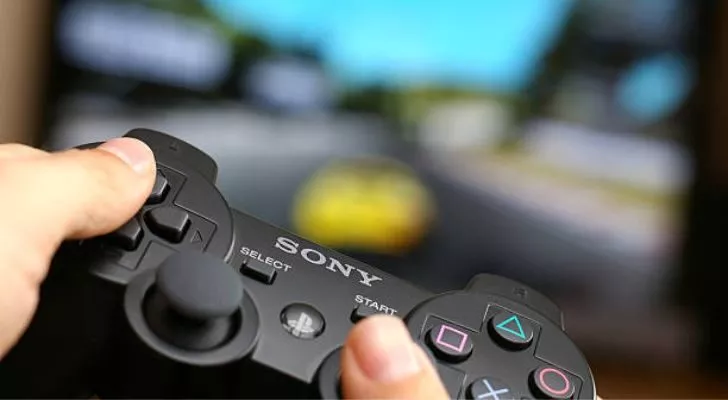
Previous consoles, including the PS2, touched on this idea, but none were very successful.
The PS3’s online networking capabilities were much more special because it was completely free.
This became a significant selling point for the console when Xbox Live, a paid service, was announced.
You could even surf the web on your PS3 if you wanted to!
There were three main PS3 models.
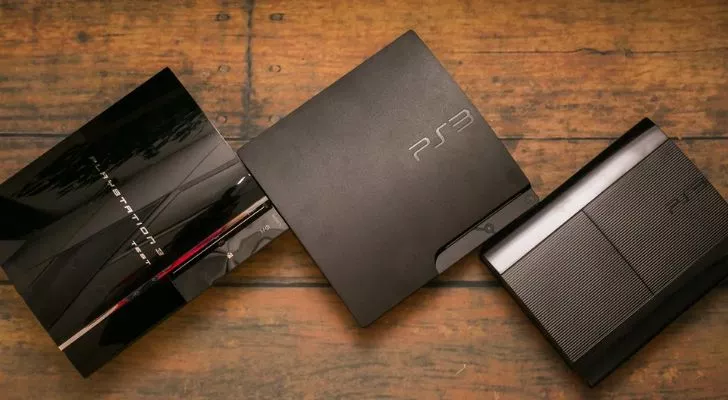
The first model, often referred to as the PS3 “Fat”, was the least acclaimed due to its price and lack of games at release.
It was also incredibly chunky compared to the later models, hence its nickname.
The following model was the PS3 Slim, released on September 1, 2009. It was wildly popular in comparison to the first model.
It wasn’t just slimmer – it had better storage capabilities, weighed less, used less power, and was quieter than its predecessor.
The final model was the PS3 Super Slim, which was released on September 28, 2012.
While sleeker and lighter, it wasn’t as popular as the PS4’s release was already on the horizon.
The first PS3 was backward compatible.
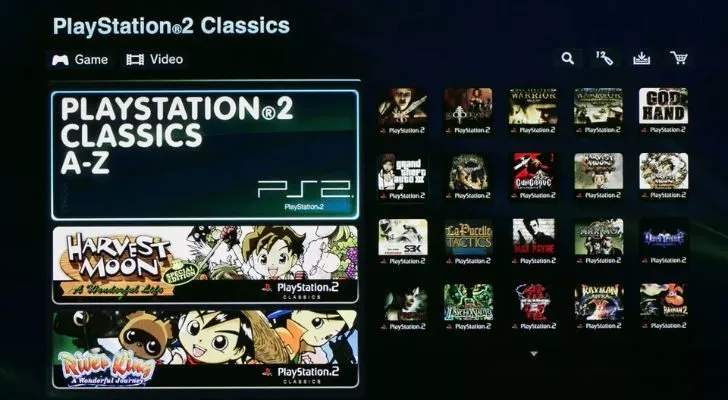
Unfortunately, It was only available on the first version of the PS3 model.
We’re not exactly sure why, but Sony decided it wasn’t worth putting the hardware into later versions of the console to allow people to play PS2 games.
Later models had the option to play PS2 and PS1 games but not game discs — the games had to be bought through the PS Store.
More than 87 million PS3 consoles were sold worldwide.

This might seem like a pretty high number, but it pales next to the 140 million PS2 units sold.
In fact, in 2008, Sony’s CEO Kaz Hirai announced in an interview that the company’s goal was to sell more than 150 million units.
Maybe they would have achieved their goals if the original launch hadn’t been such a flop.
The PlayStation 3 was a complete game-changer, not just for Sony but for console gaming overall.
Despite its initial setbacks, it was at the forefront of gaming technology and paved the way for all future consoles, Sony or otherwise.
If you’re a PC or Xbox fanboy, you should be able to agree on one thing in this article, and that’s the fact that the PS3 showed the world what a real gaming console could do.
